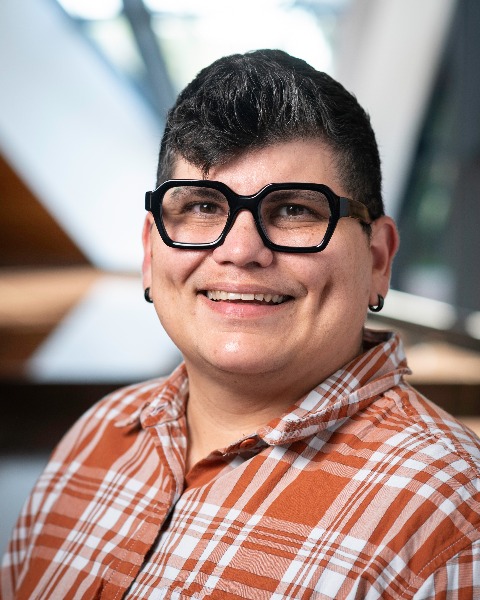E-Poster
Criminal and Juvenile Justice
Cripping Restorative Justice: Disability, Accountability, and Responding to Harm

Ceema Samimi, PhD
Assistant Professor
University of Minnesota
Presenter(s)
This paper critiques restorative justice through a “cripping” lens, exploring its limitations for disabled individuals. It advocates for a disability justice framework in social work that reimagines restorative practices, focusing on accessibility, inclusion, and equity. By centering disabled participants' needs, it proposes transformative justice approaches that disrupt ableism.
Learning Objectives:
At the end of this session, attendees should be able to:
- Analyze the limitations of restorative justice practices in addressing the complex needs of disabled individuals, and critique these practices through a disability justice lens.
- Explore how "cripping" restorative justice can transform practices to ensure accessibility, inclusion, and equity for disabled participants
- Identify practical strategies for adapting restorative justice practices to actively disrupt ableism and create systems that are sustainable, accessible, and responsive to disabled people's needs.
